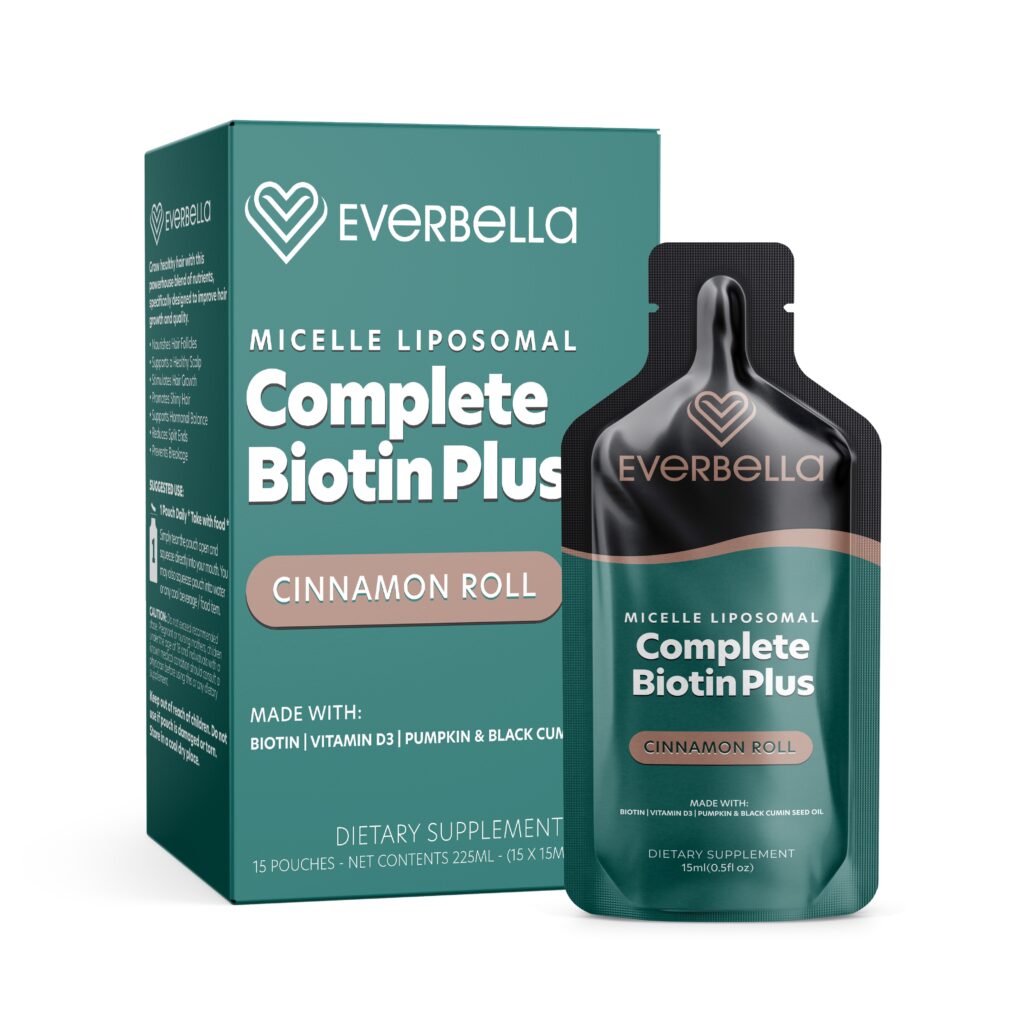Pregnancy is a wonderful and exciting part of life! But if you’re pregnant or planning a pregnancy, you may be concerned about the health of both yourself and the baby growing inside of you.
That’s why I wrote this blog – so you can know 7 of the most important things to focus on while carrying and have the healthiest pregnancy possible! So keep reading to find out how you can be best prepared before, during, and after pregnancy.

Maintaining a healthy diet during pregnancy is important for several reasons.
First, a healthy diet can help ensure that both the mother and the developing baby are getting all the necessary nutrients for healthy growth and development. The baby’s brain and other organs are developing rapidly during pregnancy, and a diet lacking in essential nutrients can negatively impact fetal development.
Second, a healthy diet can also help manage pregnancy symptoms such as morning sickness, constipation, and gestational diabetes. It also reduces the risk of certain pregnancy complications, such as pre-eclampsia, a serious condition that can affect both the mother and the baby.
Third, a healthy diet during pregnancy can also benefit the mother by helping her to maintain a healthy weight and energy level, which can aid in her overall health during pregnancy, and support her during labor and delivery.
A diet rich in fruits, vegetables, whole grains, lean proteins, and healthy fats can provide a variety of essential nutrients that are necessary for a healthy pregnancy. It’s important to consult a healthcare professional to help plan a proper and healthy diet to suit individual needs.
Prenatal care is when you get checkups from a doctor, nurse, or midwife throughout your pregnancy. It helps keep you and your future baby healthy for many reasons:
Regular prenatal care is vital in ensuring a healthy pregnancy, childbirth, and postpartum for both mother and baby. It is also essential for a healthcare provider to monitor any potential risks or complications and take appropriate actions to ensure the safe and healthy development of the baby and mother.
Getting active during pregnancy may feel like a challenge, as you’re more likely to feel fatigued. You may just want to sit, relax, and feed those food cravings, but it’s important to remain active throughout your pregnancy. This can be beneficial for several reasons:

It’s important to note that not all exercises are safe during pregnancy, depending on individual health conditions, as well as the stage of pregnancy. It is recommended to consult a healthcare professional and get a personalized exercise plan. In general, pregnant women should aim for at least 150 minutes of moderate-intensity aerobic activity every week, such as brisk walking, swimming, or prenatal yoga.
Avoiding smoking, alcohol, and drugs during pregnancy is important because they can have a negative impact on the health of the mother and the developing baby.
It’s important to be aware of the risks associated with smoking, alcohol, and drugs during pregnancy, and to take steps to avoid them. If you are pregnant and struggling to quit smoking, drinking, or using drugs, it’s important to seek help from a healthcare professional, counselor, or support group as soon as possible.
When you’re pregnant, the world doesn’t stop. You may still have to work, do things around the house, and run errands. But if you’re pregnant, it’s important to carve out extra time in your day to not just relax, but get more sleep. Getting enough sleep during pregnancy is important for several reasons:
It’s important to note that as pregnancy progresses, and the baby grows, it might become more difficult to find a comfortable position to sleep in. During this time, it can be helpful to use pillows and other comfort measures to help find a comfortable position. It’s also suggested to talk to your healthcare provider about any sleep issues or difficulties experienced during pregnancy.
Managing stress during pregnancy may be a challenge since you could be concerned about a range of things. This could be financial stress or – if this is your first child – common worries about becoming a parent. But it’s important to seek out ways to truly relax, as this can benefit you and the baby in many ways:

Managing stress during pregnancy can be done through a variety of methods such as exercise, yoga, meditation, support groups, healthy eating, and ensuring sufficient relaxation. It’s essential to consult a healthcare professional if feeling overwhelmed with stress, they may be able to offer additional support and advice, such as counseling or therapy.
Biotin, also known as vitamin H or B7, is important during pregnancy because it plays a role in fetal growth and development. Biotin is a B-vitamin that helps the body convert food into energy, and also helps support the health of the skin, hair, and nails.
During pregnancy, biotin is important for the healthy development of the baby’s neural tube, which eventually develops into the baby’s brain and spinal cord.

Biotin deficiency can occur during pregnancy, with about half of pregnant women estimated to have low levels. [1]
Deficiency can lead to skin rash, hair loss, and low blood sugar. But during pregnancy, low biotin can negatively affect the baby and cause birth defects. [2]
If you’re planning on getting pregnant, are pregnant, or have recently been pregnant, it’s important that you think about your biotin levels.
Complete Biotin Plus from EverBella will not only restore biotin levels, it includes four other crucial compounds for your health and beauty.